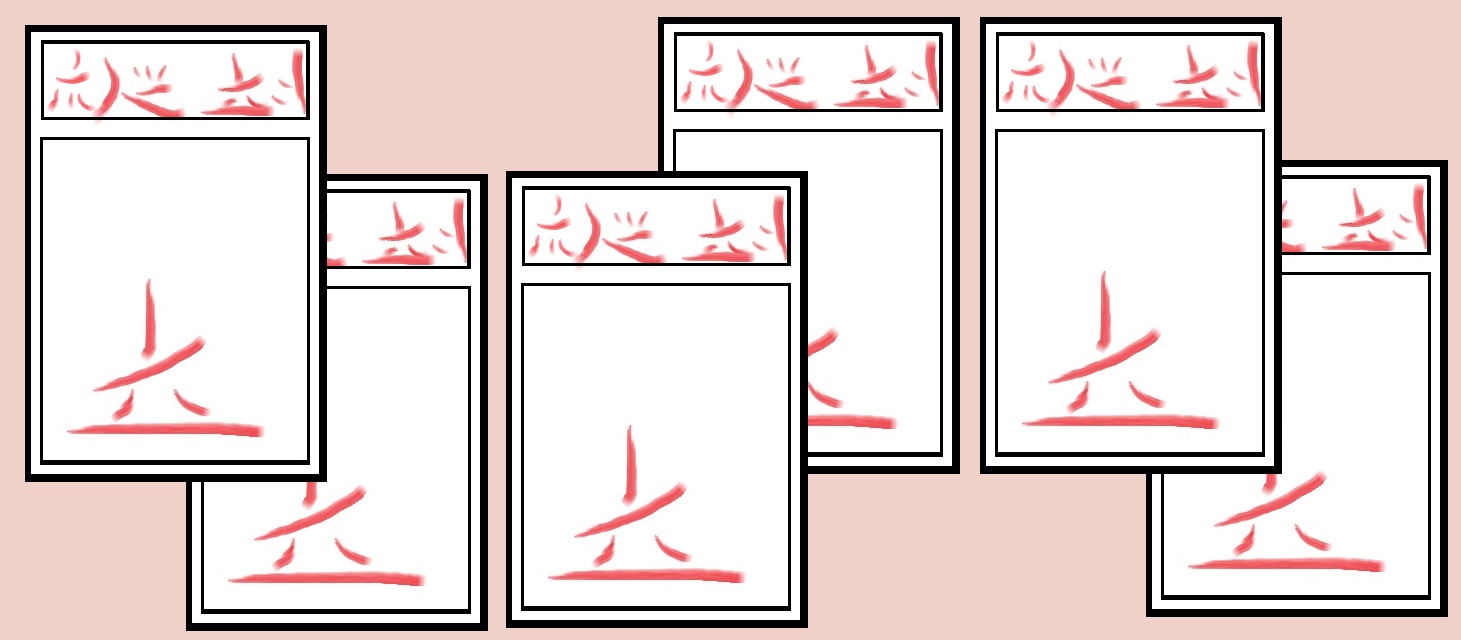What would calendars and our concept of time be like if there were no astronomical cues? If we lived in perpetual daylight and perpetual summer. The Sun, Moon, and stars are all fixed in the sky. There's no tides, no seasons, no night. No physical cycles.
What would it look like at various stages of technological evolution? Hunter-gatherer, agricultural, industrial, information. What would each need to keep track of without tides, seasons, and night, and how would they keep track?
This is an exercise in removing the astronomical cycles from time-keeping and seeing what's left. Don't worry about the rest, physics implications, how humans evolved, etc... Think of it like a video game, or an RPG setting where it always seems to be the same time of day and the same season; where the world is flat and surrounded by an impassible ocean.
What other cycles are available? Humans and animals still need sleep, but on what cycle? Without seasons, will animals still migrate on a regular cycle in search of food? Crops have a fairly fixed time between being sown and being harvested, will that need time-keeping, or will "the corn looks ready to harvest" be enough?
How do people coordinate in space and time? How do people know when to meet to work or build or socialize or gather an army? When railroads are invented, how do they make their schedules?

